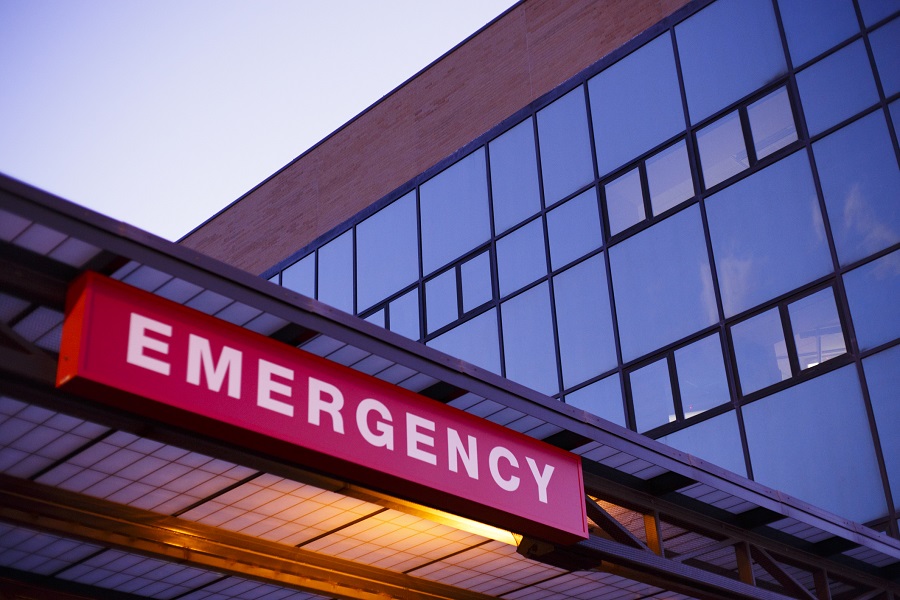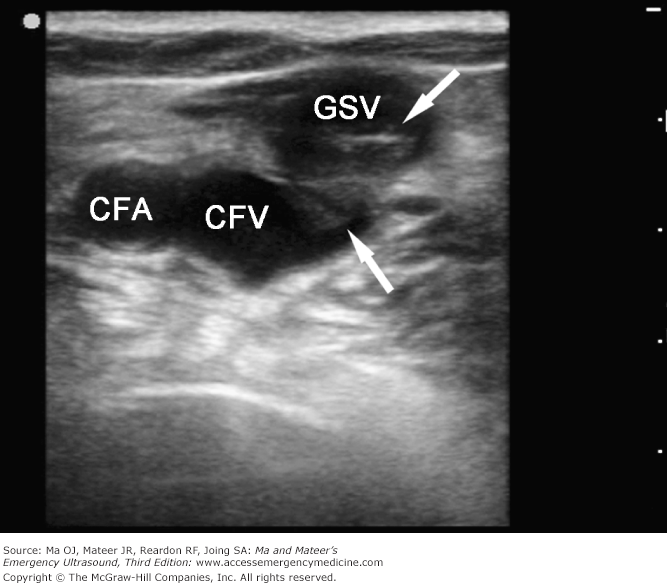The Centers for Medicare and Medicaid Services (CMS) is providing needed flexibility to hospitals to ensure they have the ability to expand capacity and to treat patients during the COVID-19 Public Health Emergency (PHE). As part of the COVID-19 Emergency Declaration Blanket Waivers for Health Care Providers (https://www.cms.gov/files/document/summary-covid-19-emergency-declaration-waivers.pdf), CMS is waiving certain Conditions of Participation (CoPs) for hospital operations to maximize the ability to focus on patient care.
The waivers issued on March 30, 2020, provide current hospital-affiliated Emergency Departments, currently recognized as hospital outpatient departments of a hospital, with the flexibilities needed to increase hospital capacity to take care of patients, including the surge of COVID-19 patients in their community.
Due to their existing infrastructure, independent freestanding EDs, which have no hospital affiliation and are specifically licensed by the state to operate independently to provide emergency services, has been identified as a critical resource to assist in expanding capacity for inpatient and outpatient hospital services for patients requiring a higher level of care. Currently, only four states license independent freestanding EDs to operate without hospital affiliation Colorado, Delaware, Rhode Island, and Texas.
Licensed independent freestanding EDs may participate in Medicare and Medicaid to help address the urgent need to increase hospital capacity to provide additional care to patients in the following ways:
• As hospital-affiliated ED under the 1135 emergency waiver;
• As Medicaid-certified clinics under the state’s clinic benefit; and
• As a Medicare-certified hospital by temporarily enrolling in Medicare as a hospital with the attestation process described below, under the 1135 emergency waiver.
Any of the three options below must be implemented in a manner not inconsistent with the state emergency and pandemic plan for patient surges during the COVID-19 PHE. Prior to seeking participation in Medicare or Medicaid, freestanding EDs should contact their state health department and State Survey Agency to determine the role of these facilities during the PHE.
1) Licensed Independent Freestanding Hospital-affiliated Emergency Departments
Licensed independent freestanding EDs may become Hospital-affiliated EDs as an outpatient department of a Medicare/Medicaid certified hospital and are obligated to follow the same hospital laws and regulations unless otherwise waived. To do this, the hospital and the licensed independent freestanding ED would work with the State to obtain approval for the freestanding ED to operate as the hospital’s outpatient department (i.e., become hospital-affiliated), if appropriate. In this option, there is no requirement for the ED to submit a separate enrollment application to CMS.
2) Licensed Independent Freestanding Emergency Departments Enrolling as a Medicaid Clinic
For licensed independent freestanding EDs that are not hospital-affiliated (i.e., not an outpatient department of a hospital) and not currently recognized as a provider by CMS, States may permit the ED to participate in Medicaid under the clinic benefit. In this case, the ED would work with the State Medicaid Agency to enroll as a Medicaid-certified clinic.
If the State elects to cover the clinic benefit, there is no automatic assumption that the payment rate would be the same as a Medicaid-certified hospital. The State may define the class of clinics that it would elect to cover and then would have to permit Medicaid enrollees to have a free choice of any qualified clinic in that class. States could add these facilities under Medicaid using the emergency State Plan Amendment (SPA) template as a type of clinic that can provide ED services in the state. https://www.medicaid.gov/resources-for-states/disaster-response-toolkit/state-plan-flexibilities/index.html
3) Licensed Independent Freestanding Emergency Departments Becoming a Hospital
Licensed independent freestanding EDs may temporarily enroll in Medicare as hospitals to provide inpatient and outpatient services to help address the urgent need to increase hospital surge capacity. The process for temporary enrollment of these entities as hospitals is outlined below.
Process for Temporary Enrollment in Medicare as a Hospital of a Licensed Independent Freestanding ER
A licensed independent freestanding ED choosing to enroll as a hospital during the COVID-19 PHE must initially meet and continue to meet the Medicare hospital Conditions of Participation, to the extent not waived, and would receive hospital payments from Medicare based on the care provided. It is important to note that temporarily enrolling as a hospital means the licensed independent freestanding ED may provide inpatient and outpatient care, as needed during the PHE. Additionally, the licensed independent ED enrolled as a hospital will be required to provide a Medicare Outpatient Observation Notice (MOON) (CMS-10611) to all Medicare beneficiaries, including, when applicable, Medicare Advantage enrollees informing beneficiaries that they are outpatients receiving observation services and are not inpatients of the hospital.
A licensed independent freestanding ED seeking to enroll as a temporary hospital during the COVID-19 PHE must submit its intent to the Medicare Administrative Contractor (MAC) that serves its jurisdiction by calling the MAC’s provider enrollment hotline and following the instructions noted in the 2019-Novel Coronavirus (COVID-19) Medicare Provider Enrollment Relief Frequently Asked Questions (FAQs) document (https://www.cms.gov/files/document/provider-enrollment-relief-faqs-covid-19.pdf).
Additional information will be required when contacting the hotline as these providers are not currently enrolled in Medicare. The licensed independent freestanding ED will be asked by the MAC to submit a signed attestation statement (attached) to the MAC that it meets all federal participation requirements for hospitals, to the extent they are not waived.
The MAC will review and forward the ED’s signed attestation statement to the CMS Regional Location mailbox, consistent with normal processes for hospital certification for further review.
CMS Regional Location will:
• Review and approve, if appropriate, the completed attestation statement
• Create a temporary new facility profile and certification kit in the Automated Survey Process Environment (ASPEN) and assign a trackable hospital CMS Certification Number (CCN) and
• Send a tie-in notice as a hospital to the MAC. The effective date is the date when the attestation was accepted by the MAC.
*Note: An onsite survey is not required for approval. However, the CMS Regional Location has the discretion to authorize a survey by the State Survey Agency at a later date to ensure quality and safety. If survey activity is warranted, it will be a focused infection control survey based on QSO-20-20-ALL (https://www.cms.gov/files/document/qso-20-20-all.pdf ) or any future superseding guidance and on the availability of Personal Protective Equipment (PPE) as needed. Any resultant enforcement actions would follow the process that is outlined in the referenced memo. As a certified hospital, even on a temporary basis, these facilities would be subject to the same enforcement actions as regularly certified hospitals, such as the use of state surveys triggered by public complaints, and CMS’s commencement of its “immediate jeopardy” procedures, in instances where surveys determine that patients are in immediate jeopardy of their health and safety.
Once the Secretary of the Department of Health and Human Services (Secretary) determines there is no longer a PHE due to COVID-19, the CMS Regional Location will terminate the trackable hospital CCN and send a tie-out notice to the applicable MAC. The MAC will deactivate the hospital billing privileges effective the date there is no longer a determination by the Secretary that there is a PHE due to COVID-19.
If the Licensed Independent Freestanding ED wishes to become a certified hospital after the PHE has ended and its temporary hospital billing privileges have been deactivated by the MAC, the ED must submit form 855A to begin the process of enrollment and initial certification as a certified hospital under the regular processes. An initial survey, either done by the State Agency or Accreditation Organization, will be conducted to determine compliance with all applicable hospital Conditions of Participation. CMS will send additional updates if this process changes as the PHE progresses or ends.
Questions about this memorandum should be addressed to QSOG_Hospital@cms.hhs.gov.
Effective immediately. This policy should be communicated with all survey and certification staff, their managers and the State/Regional Office training coordinators immediately. This guidance will cease to be in effect when the Secretary determines there is no longer a Public Health Emergency due to COVID-19. At that time, CMS will send public notice that this guidance has ceased to be effective via its website.
Information is based on an update posted by CMS on 04/21/2020.










